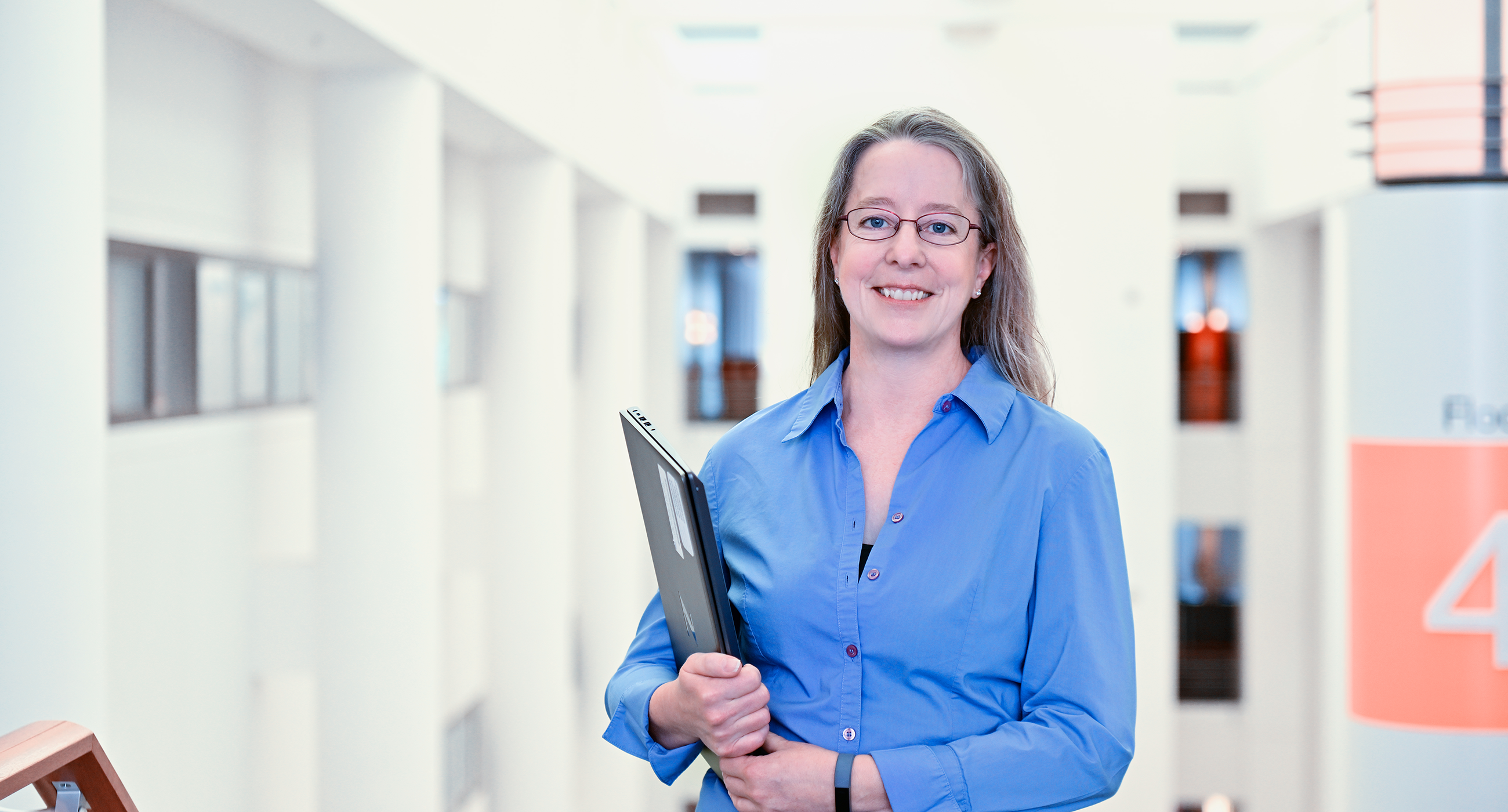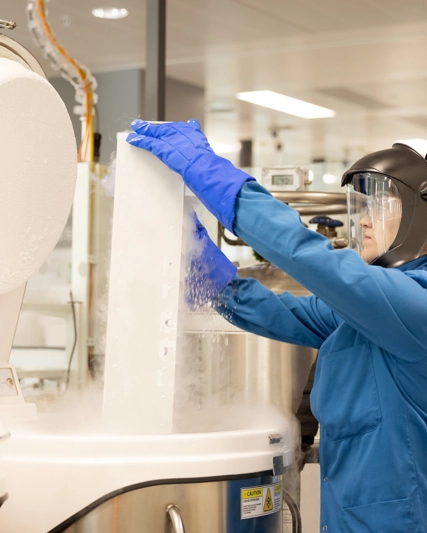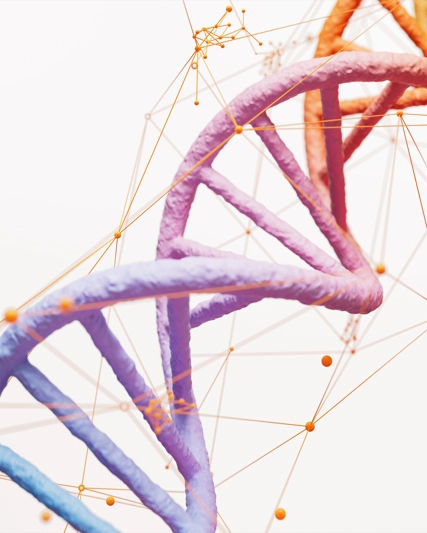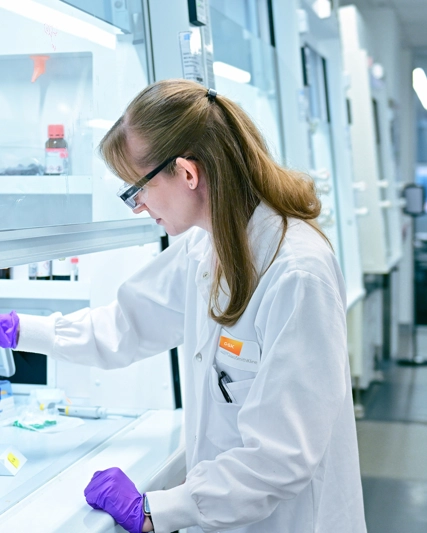Growing up, I was always interested in science. In high school, I had a fantastic chemistry teacher and absolutely loved her class. Every day, she was enthusiastic about what we were about to do and made science fun. She was smart and very cool. Her personality was engaging. I saw myself becoming a scientist and emulating her because of her spirit and love of chemistry.
I imagined a job one day as an engineer, like my dad, so I went to college with plans to pursue an undergraduate degree in chemical engineering, it was science and chemistry, but I just didn’t feel excited about what I was studying. I knew I loved chemistry, but what could I do with it?
A conversation in passing with a chemistry professor in college changed all of that.
Perhaps he noticed my love of organic chemistry? Or perhaps he saw the untapped potential in me that I didn’t recognize in myself?
Because of my scientific curiosity, passion for chemistry and dedication to experimental laboratory work, he encouraged me to apply to graduate school – specifically to UCLA, his alma mater because he knew the program would give me access to outstanding faculty, important research problems at the interface of chemistry and biology, the training to synthesize small organic molecules in new and better ways, and the experiences that I needed to build a research career. In that moment, my life’s trajectory was completely changed.
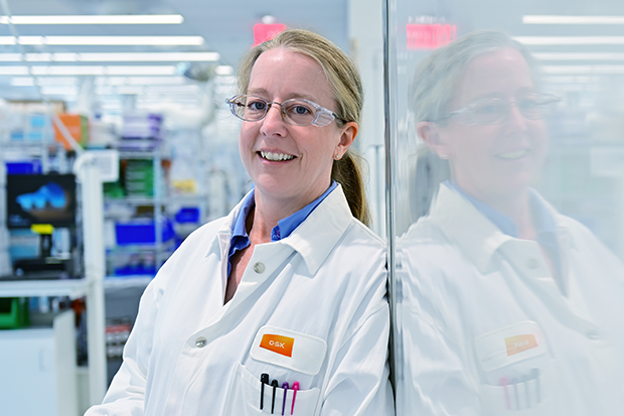
Being from a small city in Texas, transitioning to UCLA was both exciting and daunting. I was thrilled to be accepted into the total synthesis and synthetic methodology research program of Mike Jung, Distinguished Professor of Chemistry, a passionate and brilliant organic chemist, an amazing teacher, and someone who would soon become a highly successful drug hunter.
I always left his office having learned something new— like how to interpret data differently or who to talk to find specific information for myself. Having the opportunity to prove that I could overcome and solve synthetic challenges, left me wanting more. I found my calling in small molecule research. Coupling my research advisor’s support with my own hard work and persistence, I earned my doctorate in organic chemistry. From there, I worked on small molecule research for crop protection, and eventually that work led me to GSK where I lead a team doing small molecule research in medicines for the benefit of humankind.
I’m still amazed by and grateful for the support, guidance, and impact of those remarkable teachers who inspired me to make important choices at key points along my journey."
As a team leader in medicinal chemistry, I remember those lessons and the impact those gestures had on me, so when I interact with someone on my team, whether I’m giving specific feedback, guidance on a decision that needs to be made, encouragement to take on a challenging task, or we’re discussing new data and how we can use it to reach our team’s goal, it’s an opportunity to help someone grow from a different perspective.
Those early lessons taught me how I can give back, influence others, recognize accomplishments, make someone’s day – or help them find their own path. That simple, yet wildly impactful lesson continues to guide my leadership philosophy. Not only is my team working on small molecule research to create a new medicine for humankind, we’re also making a positive impact on each other every day.
